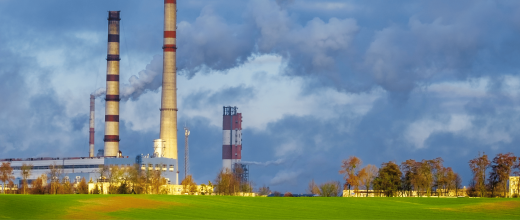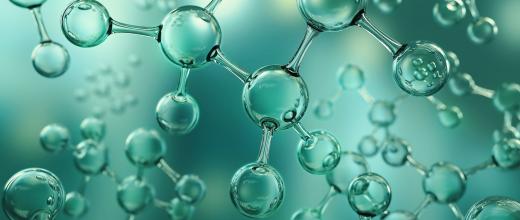
Individual page
Thibaud Chevalier
Research Engineer / Ph.D. in Mechanical Engineering
Since 2024, Thibaud Chevalier has joined the Applied Physico-chemistry and Mechanics Division at IFP Energies nouvelles as a Fluid Mechanics Engineer and works on CO2 storage and geothermal energy. He
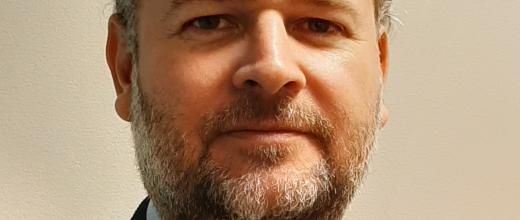
Individual page
Carlos NIETO-DRAGHI
Research Engineer / Project Manager
Carlos Nieto-Draghi (b. 1975) completed a Chemical Engineer degree at the Simón Bolívar University (Caracas, Venezuela) followed by a DEA and Ph.D. in Chemical Engineer and Processes at the Rovira i

Issues and Foresight
Reducing the carbon footprint of industry: CO2 capture, use and storage
CO2 capture, use and storage (CCUS) technology consists in capturing CO2 from its source of production, using it and storing it in an underground facility. It is of interest to industrial players since it would enable them to significantly reduce their CO2 emissions.
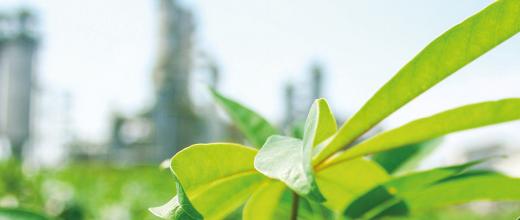
Innovation and Industry
Climate, environment and circular economy
New R&I themes, stimulated by the energy transition and circular economy markets, are beginning to emerge. The multidisciplinarity of IFPEN’s researchers is used in projects covering fields as diverse as CO 2 capture/storage and plastics recycling, addressing the problems of industry. CO 2 capture, utilization and storage Plastics recycling Environmental

Innovation and Industry
CO2 capture, utilization and storage: Our strengths
CO 2 capture, utilization and storage Our strengths Long-standing expertise in the field of gas treatment with a focus now on CO 2 capture processes. A pioneer in the development of post-combustion capture technologies, notably steering the European CASTOR project. Unique experimental facilities for CLC oxycombustion capture technology: o cold

Innovation and Industry
CO2 capture, utilization and storage: Our networks
CO 2 capture, utilization and storage Our networks In the field of CCUS (CO 2 capture, use and storage), IFPEN is at the heart of a dense network of collaborations with industry and academia on a national, European and global level. IFPEN is also a member of the ZEP European

Innovation and Industry
CO2 capture, utilization and storage: Our solutions
IFPEN’s research activities focus on three areas: CO2 capture processes, large-scale CO2 storage technologies and the monitoring of storage sites, in order to guarantee their long-term safety and sustainability.

Innovation and Industry
CO2 capture, utilization and storage
CO 2 capture, utilization and storage OVERVIEW AND CHALLENGES An international context marked by: the Paris Agreements and the French Climate Plan, a target of limiting the overall increase in global temperature to below 2°C by 2100: a more than 40% reduction in global CO 2 emissions by 2040 is
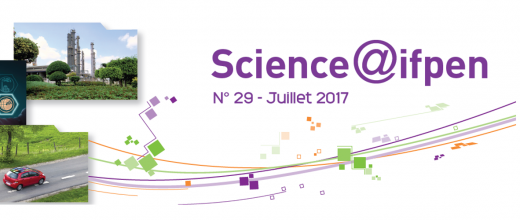
News in brief
Welcome to the club! Understanding and overcoming the obstacles to the adoption of CCS technologies
The widespread adoption of CO 2 capture and storage (CCS), a key factor in combating climate change, requires the joint adoption of these technologies by independent players: emitters, transporters








